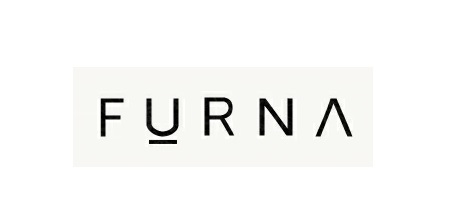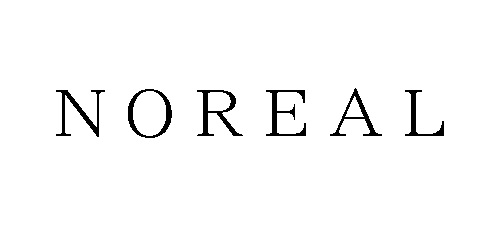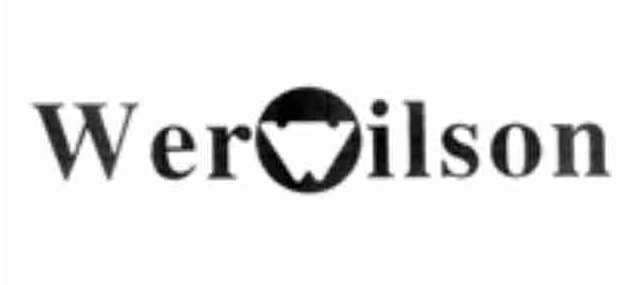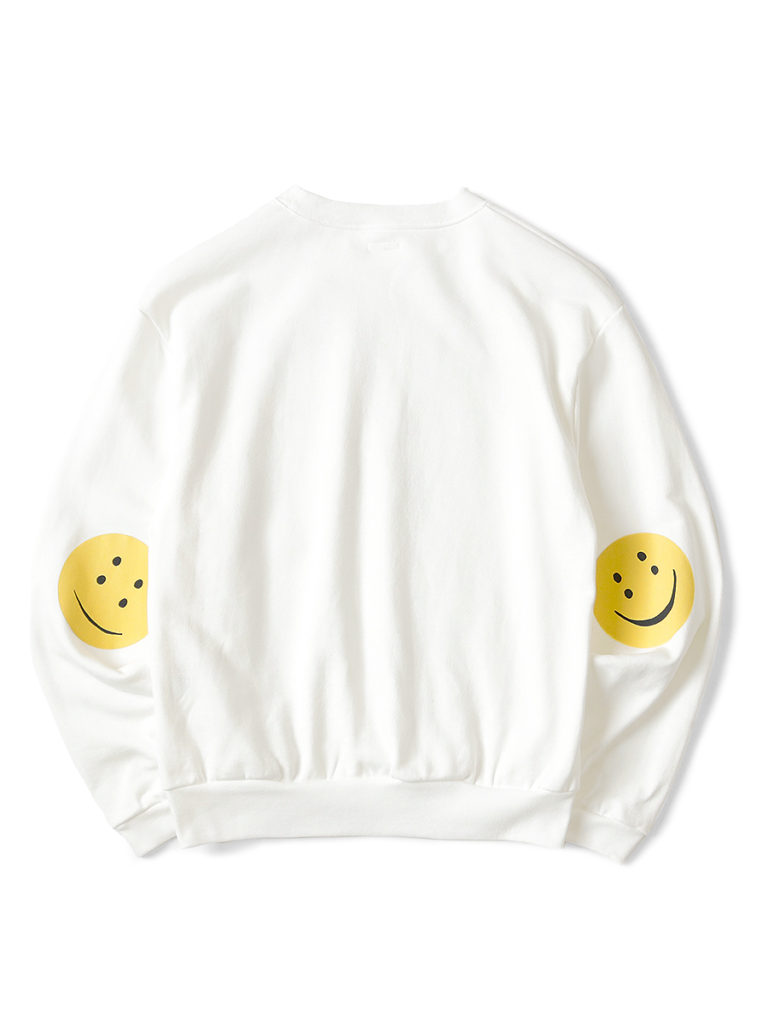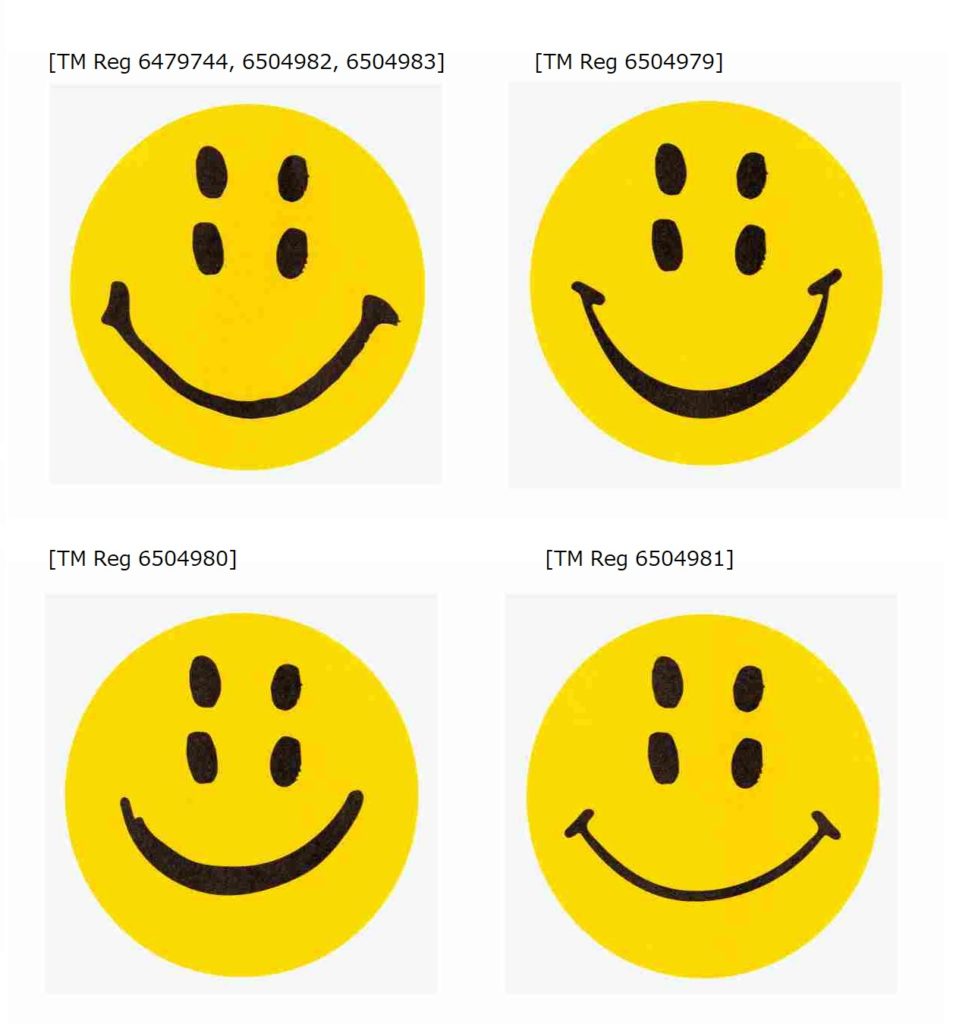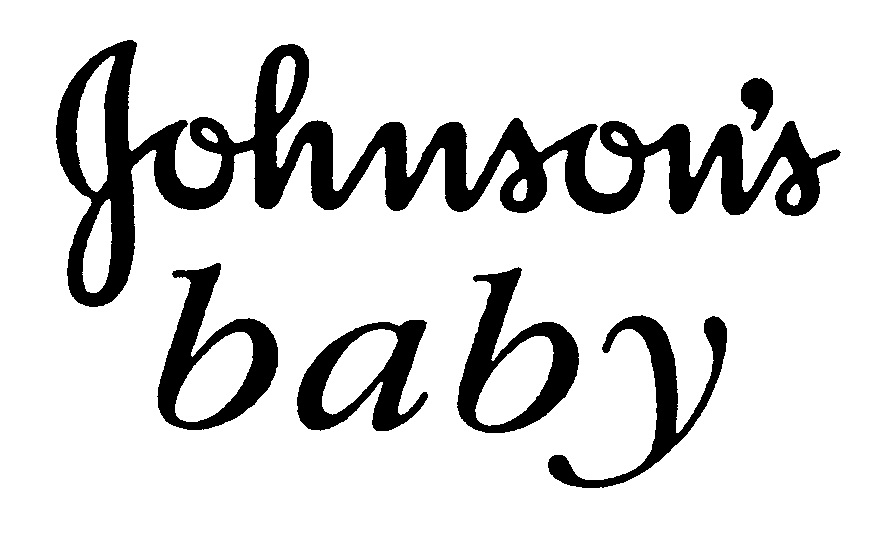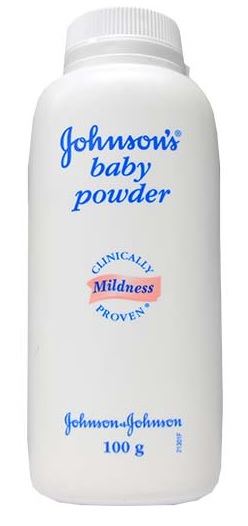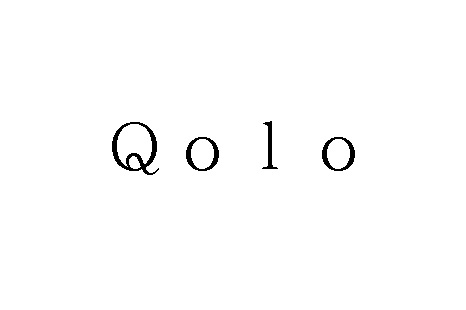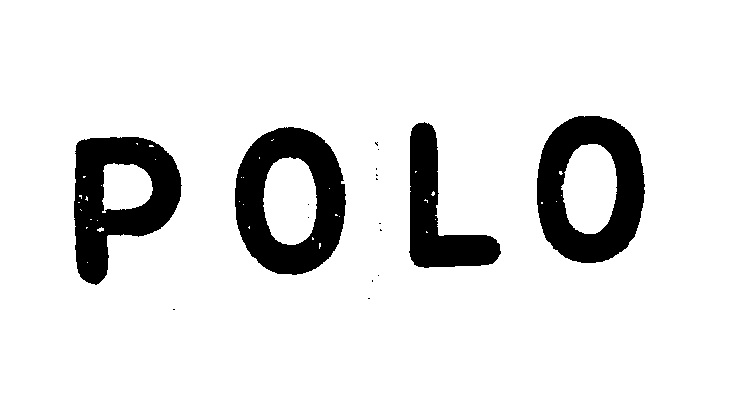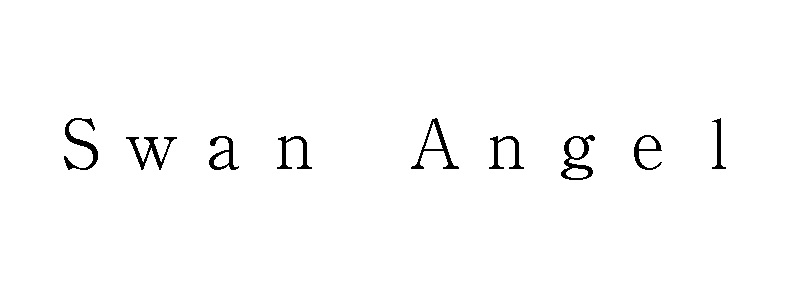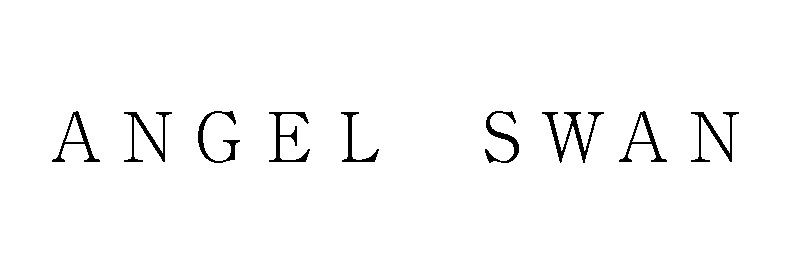On April 10, 2023, the JPO dismissed a trademark opposition against TM Reg no. 6523561 for the wordmark “chuu” contested by J. Choo Limited due to the dissimilarity of the mark and unlikelihood of confusion with “Jimmy Choo”.
[Opposition case no. 2022-900189]Opposed mark “chuu”
PPB Studios Corporation Limited, a Korean fashion and beauty e-commerce company, sought registration of the wordmark “chuu” (see below) for use on apparel in class 25 and retail services for contact lenses, clothing, footwear, and bags in class 35 with the Japan Patent Office (JPO) on March 8, 2021.
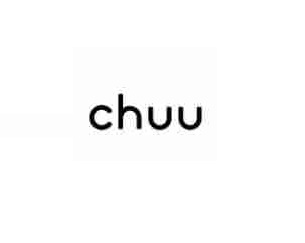
The JPO examiner did not raise an objection by citing earlier trademark registration for the stylized mark “CHOO” owned by J. Choo Limited and granted protection on February 28, 2022.
Opposition by Jimmy Choo
The luxury-footwear brand Jimmy Chou, a luxury footwear brand, filed the opposition on May 6, 2022, and contend that the opposed mark “chuu” shall be canceled in contravention of Article 4(1)(xi) and (xv) of the Japan Trademark Law.
Jimmy Choo argued the opposed mark is similar to earlier registration for his company-owned mark “CHOO” (see below) and is likely to cause confusion with Jimmy Choo because of a close resemblance between the opposed mark and his famous mark, and relatedness of the goods in question with Jimmy Choo’s business.
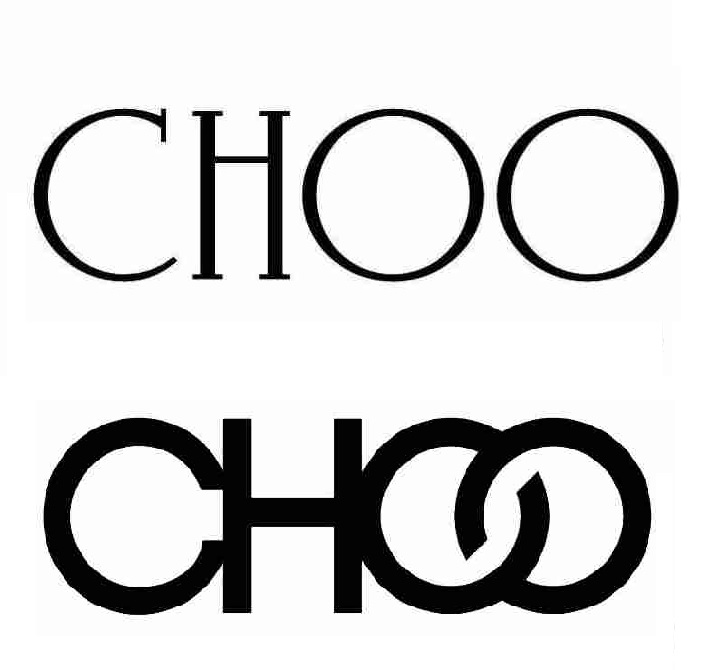
JPO decision
The JPO Opposition Board questioned the famousness of the cited mark “CHOO” as a source indicator of the luxury footwear brand “Jimmy Choo” from the produced evidence and totality of the circumstances.
Next, the Board assessed the similarity of marks and found that there are distinctions between the opposed mark and the cited marks in terms of lower-case and upper-case letters, the thickness of the letters, the presence or absence of design, and the difference between the word “uu” and the word “OO” in the latter part of the respective mark. The visual impression that these differences give to the overall appearance of the two marks, both of which consist of four letters, is significantly different, and thus both marks are clearly distinguishable in appearance.
The opposed mark gives rise to the sound of “Chu”, while the cited is pronounced “Chu” or “Cho”. If so, both marks share the same pronunciation and are deemed aurally similar.
Both marks are not comparable conceptually because the respective mark does not give rise to any specific meaning at all.
Based on the foregoing, the Board held “Even if the opposed mark and the cited mark are not comparable in conception and share some similarities in sound, since they are significantly different in impression and clearly distinguishable in appearance, the Board has a reason to believe that the similarity in sound would not outweigh the visual difference. Taking all of the above into consideration as a whole, both marks are dissimilar and not likely to cause confusion as to the origin of the goods or services.
Given the cited mark has not acquired a certain degree of recognition as a source indicator of “Jimmy Choo” among relevant consumers in Japan, there is no reason to find a likelihood of confusion when the opposed mark is used on the goods in question.
Based on the above findings, the JPO Opposition Boards did not side with Jimmy Choo and decided the validity of the opposed mark as the status quo.

